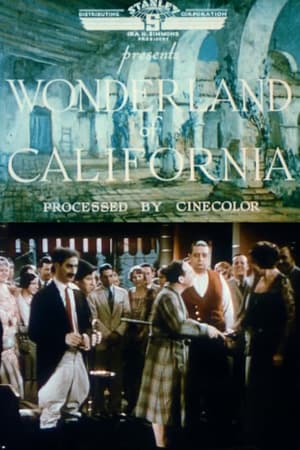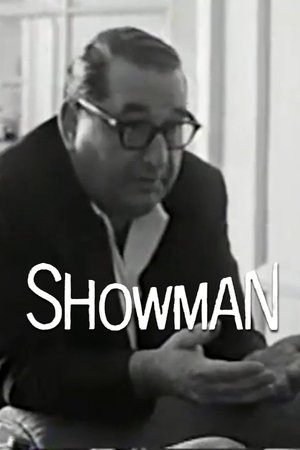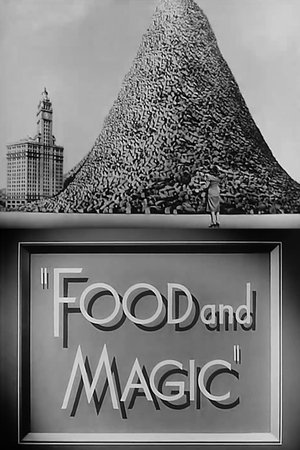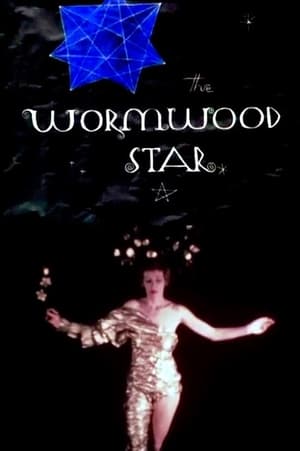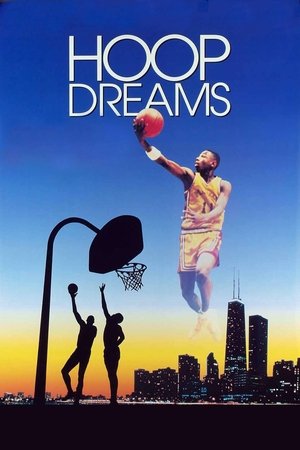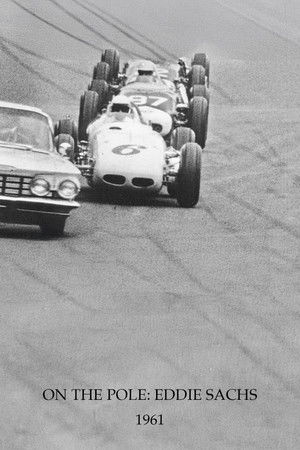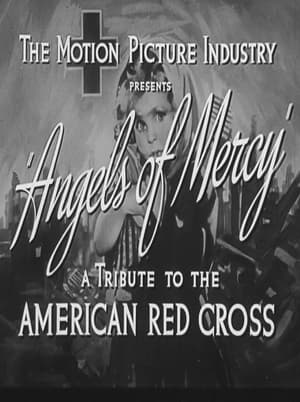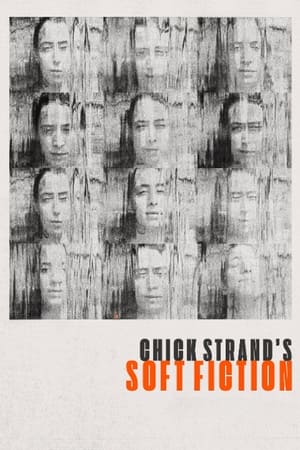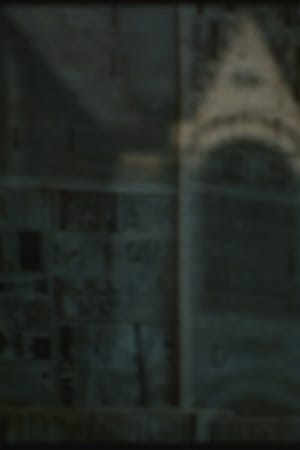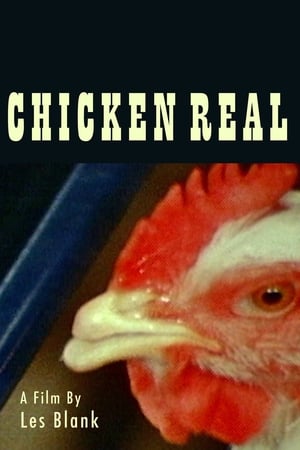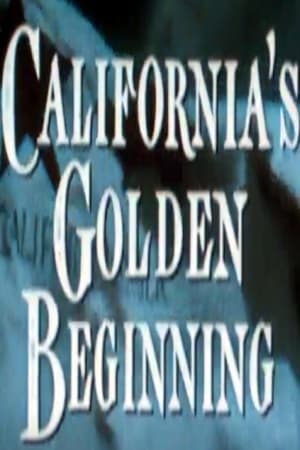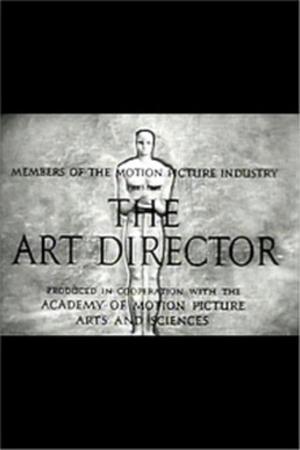Overview
Brooklyn, U.S.A. is a 1947 English language short film directed by Arthur Cohen, starring Ted de Corsia. It was nominated for an Oscar in the category of Best Short Subject, One-Reel. Preserved by the Academy Film Archive.
Reviews
This is all a perfectly adequate tourist board style feature that showcases the vibrant life of the citizens in New York’s borough of Brooklyn. It crams a wide variety of activities, architecture and industry into a ten minutes that at times is little better than a collage of photographs but that still manages to convey something of the buzz of this bustling community when it does present us with some longer form and more active content. There are certainly some very grand structures to be seen, the tall buildings and the famous bridge being just a few of the landmarks it highlights, as well as a look around the diversity of a population that marries the new cultures with that of the old and in some places there is even still a semblance of rural living. Worth a look, especially if you can contrast it with the Brooklyn of now, but otherwise it’s an unremarkable piece of filmmaking.

 10 min
10 min
 5.2
5.2
 1947
1947
 USA
USA
 CinemaSerf wrote:
CinemaSerf wrote: